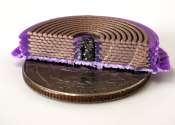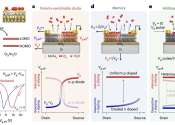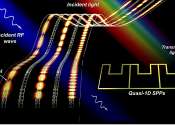Samsung begins mass production of 16Gb LPDDR5 memory chips on world's largest semiconductor line
Samsung Electronics has announced on its blog page that the company has begun mass production of its 16Gb LPDDR5 mobile memory chips on a new production line. In its announcement, the company claims that the production process ...









